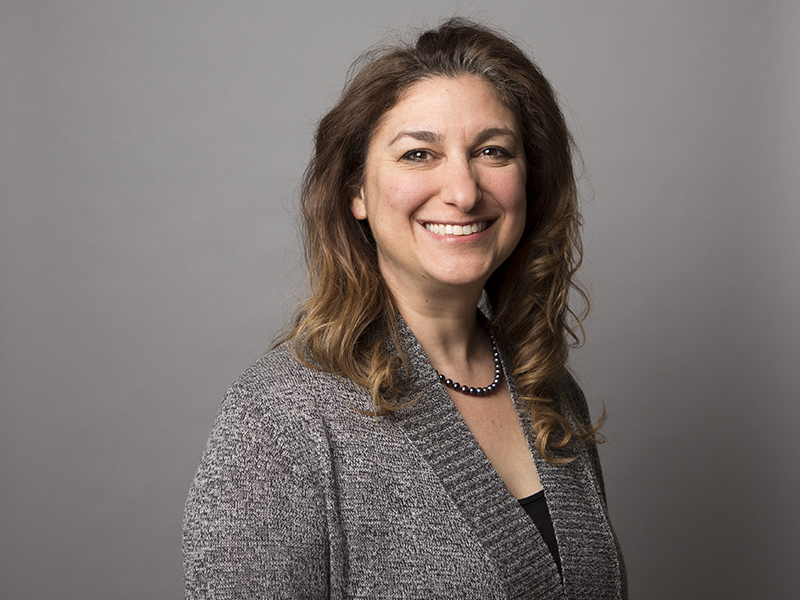Two Israeli companies will have the opportunity to test their heart and brain health technologies in Canadian seniors care facilities.
HeartBeat Technologies, headquartered in Haifa, has developed software that allows health-care professionals to remotely monitor patients’ heart issues.
The company combines commercially available wearable sensors with cloud-based software to track heart rate, oxygen levels, blood pressure, cardiac output, hydration and more – all aimed at preventing hospitalization.
The technology will be tested at Saint Elizabeth Health Care, which provides home care and other services in and around Toronto.
Jerusalem-based Brainsway, meantime, has developed a new brain disorder treatment called Deep Transcranial Magnetic Stimulation, or “Deep TMS” therapy.
According to publicity material, the procedure non-invasively generates brief magnetic pulses to activate areas of the brain associated with depression and other disorders.
READ: DOCTORS HOPE TO BRING ISRAELIS, PALESTINIANS TOGETHER THROUGH HEALTH CARE
With 60 clinical trials worldwide, it will be tested on patients with both depression and Alzheimer’s disease at Baycrest Health Sciences in Toronto, beginning this summer.
The Israeli tech firms were selected through the Canada-Israel Collaboration Program, operated jointly by Baycrest’s Centre for Aging and Brain Health Innovation and the Israel Innovation Authority.
The initiative is the result of Ontario’s economic mission to Israel in 2016, when the province signed several deals with Israeli institutions in health-related research and collaboration.
For Allison Sekuler, vice-president of research at Baycrest Health Sciences, Sandra A. Rotman Chair in Cognitive Neuroscience, and managing director of the Centre for Aging and Brain Health Innovation, the merging of health science with technology is the key to breakthroughs.
“We still don’t fully understand how the brain works,” Sekuler told The CJN as part of the paper’s coverage of Baycrest’s 100th anniversary. “But we’re at a point now where we know enough about it that we can start taking advantage of some of the technology and integrate that knowledge across traditional neuroscience.”
Sekuler predicts that data from wearables you buy (including a sunglasses-like device that measure brainwaves) and from other sources will lead to an “explosion” of information that will help scientists better understand how the brain ages and how to detect the onset of disorders as early as possible.

“We’re at the intersection of neuroscience, technology, big data and artificial intelligence all coming together now,” she said. “That’s very exciting to me.”
Brain scientists aim for early detection and intervention in dementia, but also prevention. “We know often that the disease starts before we even see any symptoms,” Sekuler explained.
While there’s no way to reverse degenerative brain disorders, the hope is to blunt the impact, slow the brain’s decline, and roll back some of the symptoms as much as possible.
At Baycrest, researchers are studying combination therapy – using music therapy and non-invasive brain stimulation to see whether those methods can improve memories and cognitive functions.
“If you combine that with other treatments, we could have an even bigger impact,” Sekuler said. “Whether it’s prevention or detection or treatment, we’re seeing the impact of combining all these different approaches.”
And we’re also just starting to know how resilient the brain is. For one, it changes throughout our lifetime, always growing new cells.
“People didn’t know that even a decade ago,” Sekuler noted. “The older brain can reorganize or rewire itself to compensate for any difficulties it is having.”
You can teach an old brain new tricks, and that’s important for brain health. We’ve all heard about preventative measures: learning a new language or musical instrument, doing puzzles, diet, exercise, meditation – even volunteering.
“What we don’t really know,” Sekuler said, “is how all those factors combine to maximize impact and how different people respond to different treatments, therapies and interventions.”
She said her “dream” is a “pinpointed, personalized approach to prevent dementia.”
Information on your health is already being collected by devices like Apple watches and Fitbits. With other technologies, the goal is to “put it all together for predictive, personalized care to prevent cognitive decline,” Sekuler said.









